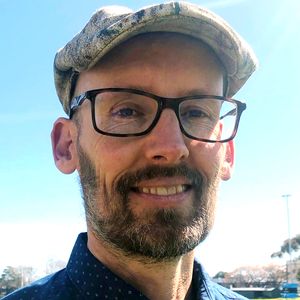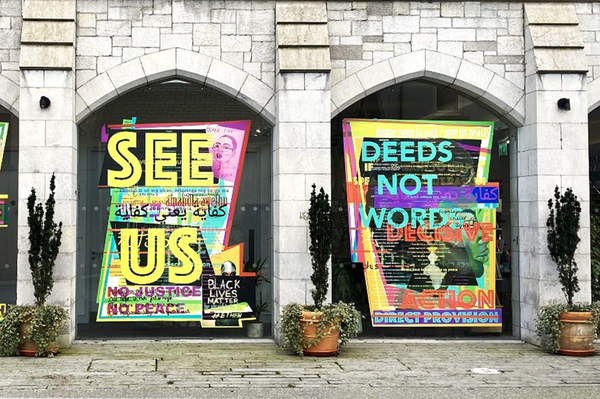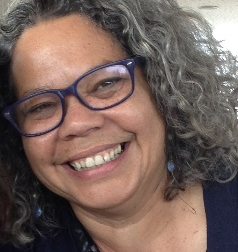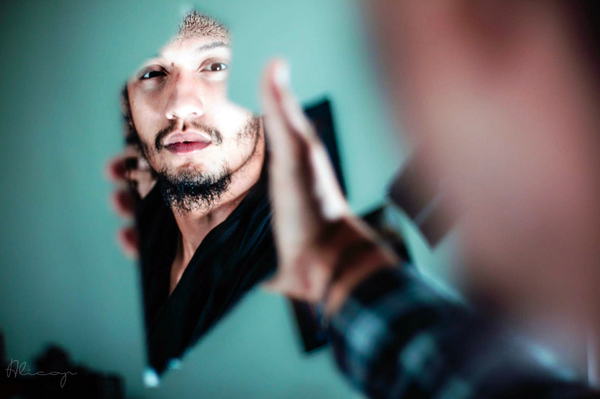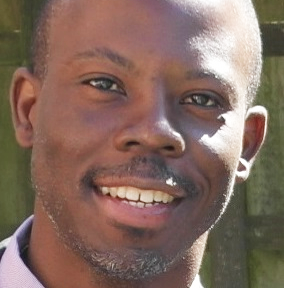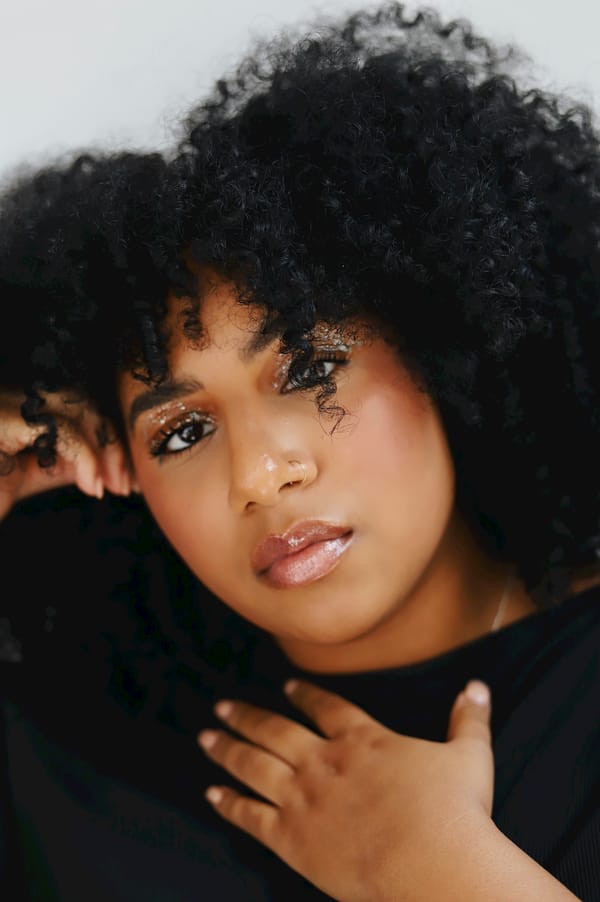Shame has a bad reputation. Being “crippled by shame” sounds incredibly disempowering, and plenty of coaches and generally well-meaning folk advise us not to get stuck in shame, because “shame doesn’t help anyone.” I used to operate from that space myself, seeing shame as a pointless emotion to shift out of as quickly as possible. But now I see that shame may have a really important role to play as a catalyst for inner change. For white men like me, when it comes to assuming responsibility for our role in the systemic racism that defines our colonial societies, really sinking into the truth of the situation and feeling the shame that will come with that can be just what we need to inspire us to take practical actions to undo racism and other systemic inequities.
It is not surprising to find that we white people are blind to racism. Our own cultural norms are hard to see. Every Western European born or descended person alive today grew up with a sense of normality around the fact that our people colonized (almost) every single country in the world. And most of us feel entitled to move across the world as we choose. To appreciate how racism is embedded in our psyche, we only need to see how difficult it is for us to realize that our entitlement of today is not “natural,” but the result of a history in which our people subjugated and exploited everybody else.
Our ancestors did that, and we continue to benefit. If we were really to connect with this as a reality, shame and guilt would be natural responses. That we struggle so much to emotionally connect with this reality and feel our collective shame is, at least in part, a result of the fact that many of us have not dealt with our own personal shame and guilt. If we cannot hold the personal pain from our childhood, how can we hope to hold the vastness of the shame and guilt that is a natural human response to the mass murder, torture, rape, and exploitation that our ancestors visited upon People of Color across the planet?
Healing ourselves of racism involves healing ourselves of our individual trauma. Only then we can contribute to the healing of our collective trauma.
Psychologically, unprocessed shame and guilt can be experienced as actual threats to our identity, that is, our self-image as good and capable people.
Shame and guilt are two deeply painful emotions that most of us carry from childhood. There are so many ways in which parents, teachers, or other significant adults induce shame and guilt in children. “That was a stupid thing to do,” “God you are hopeless,” “You make my life so hard,” “Do you always have to be so difficult,” “Stop being such a brat,” “You are so annoying,” “You should know the answer,” et cetera. Phrases like that, other subtle shame-inducing behaviors like dismissiveness and neglect, and of course much worse and abusive ways of teaching a child there is something “wrong” with them, have sadly been part of many of our lives.
Psychologically, unprocessed shame and guilt can be experienced as actual threats to our identity, that is, our self-image as good and capable people. It is very natural to defend against such painful and challenging feelings by resisting anything that may induce them. But when it comes to healing traumas of the past, both individual and collective, it is important and healthy to be able to experience, process, and move through these emotions.
When approached consciously they point us to the shadow parts of ourselves that we have pushed aside because we find them too painful or judge them as unacceptable. Thus, these emotions invite us to become more integrated human beings. This is a challenging journey. And unfortunately, men are still very much underrepresented when it comes to acknowledging, let alone actively pursuing healing of these wounds. As a result, unprocessed shame and guilt are a big reason so many of us have an instinctual resistance to acknowledging the existence of interpersonal and institutional racism and the benefits we (as white men) have gained as a consequence.
I first became aware of the link between our internalized pain and shame, and our resistance to being open to the experiences of racism shared by People of Color, when watching The Color of Fear, a profound documentary on race relations in the United States. Produced by Chinese-American diversity educator Lee Mun Wah in 1994, sadly it has aged well; the intimate and heartfelt conversations it captures remain as relevant today as they were then. The documentary summarizes three days of conversations among a group of men—two African American, two Latino, two Asian American, and two white—as they grapple with questions such as how race impacts their life, why it is hard to talk about racism, and what it means to be American.
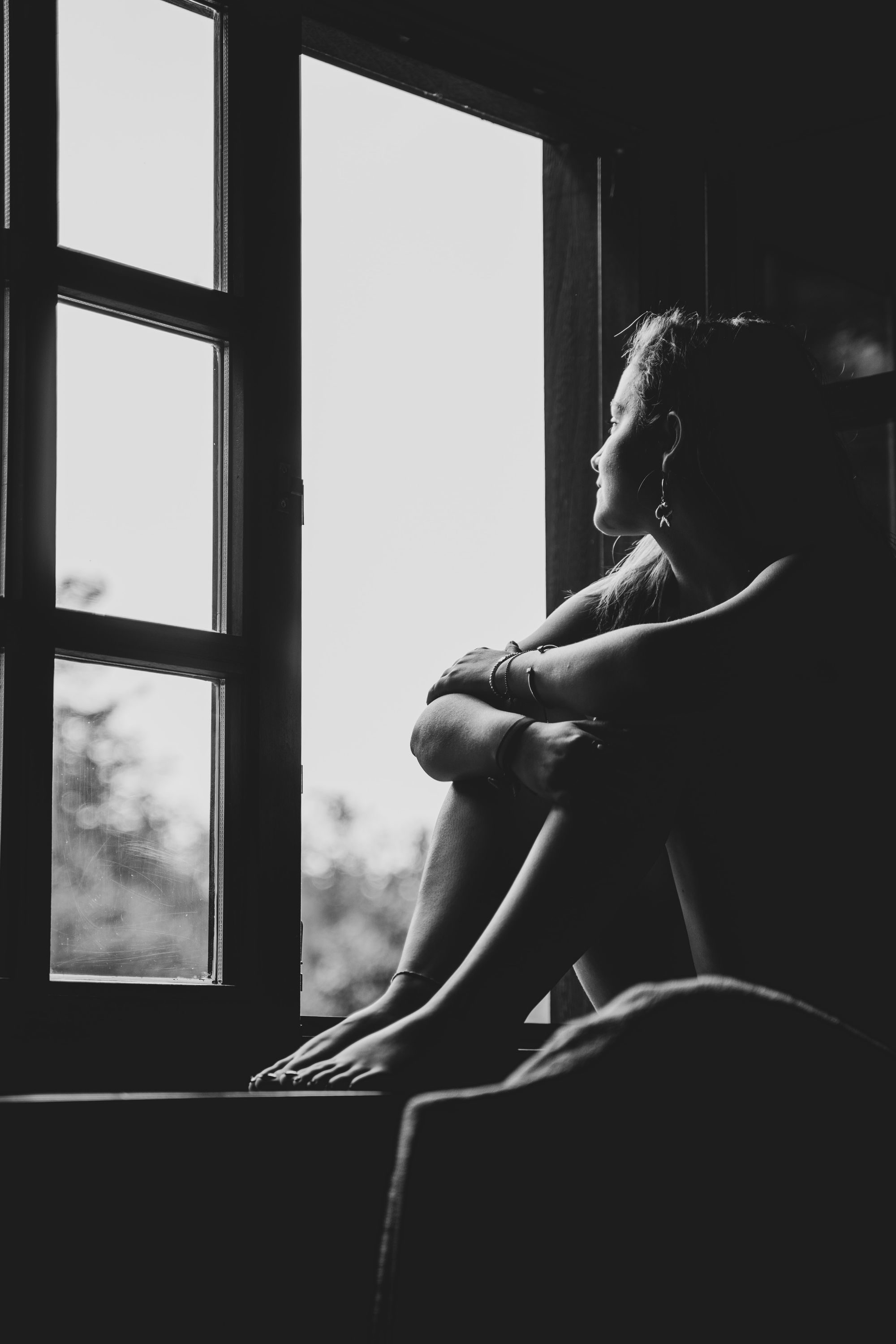
What makes these conversations so powerful to witness and ensures their ongoing relevance, is that one of the two white men, David, says all the things white people unaware of their inherited racism say all the time: “I don’t see your race,” “Why can’t we all just treat each other as human beings,” “People of Color are always bringing up race, if they didn’t there wouldn’t be any of this struggle and strife,” “Some of my dearest friends are People of Color,” “Stop looking to the white man to fix your problems. Take responsibility for your own predicament.” You may have heard statements like that from other white people and maybe you have uttered them yourself.
A group of highly articulate, passionate, and remarkably patient Men of Color confronts David and tackles each of his statements, again and again, despite the obvious emotional toll this takes on them. David deflects and rationalises away everything they say, no matter how heartfelt and deeply painful their personal sharing clearly is. Finally, after two and half days, his defenses crack. Following an empathetic intervention by Lee Mun Wah, David starts to cry. Not in the deflecting way that some white people cry to escape a difficult conversation about racism and their own contribution, but in the way of a person who is actually contacting their own pain.
It emerges that David’s inability to empathize with the other men has its origin in a deep inner disconnect from his own pain; essentially a lack of empathy for himself. In his case, much of the pain was caused by his own violent and explicitly racist father. In defending himself from the painful feelings of shame induced by his father, David had essentially cut himself off from his capacity to empathize with himself and others. This condition, a disconnect from our capacity to empathize, seems to be all too common among white men. I myself spent my youth in that state. I can also trace the cause for this to childhood factors and it manifested in quite extreme ways during my teenage years.
Unprocessed shame and guilt are a big reason so many of us have an instinctual resistance to acknowledging the existence of interpersonal and institutional racism and the benefits we (as white men) have gained as a consequence.

I grew up in Germany. My schooling was replete with learning about the Second World War, Germany’s mass murder of millions of people, and the horrors of dictatorship. I resented it. Why should I feel guilty? In a classic contrarian move, I associated with Neo-Nazis. In fact, I probably would have qualified as a Neo-Nazi myself, even if I would never have admitted that. But I subscribed to a far-right newspaper and more than once raised my arm to a Hitler salute, even if only when drunk and “mucking around.” I emotionally disconnected from what Nazi Germany had actually meant. I said things like, “Well, Hitler did get the economy back on track,” and found the idea of a strong leader kind of appealing because “at least they got things done.”
I was numb to the cost at which dictators get things done, the terrible impact they have on freedom, creativity, empathy, and compassion. I used racial slurs about people of Turkish and Arabic backgrounds (the most conspicuous minorities in Germany at the time). In those moments I did not experience them as equal human beings. I once participated in a fight with a group of Vietnamese-German kids and recall on another occasion watching a couple of skinheads I knew chase an African refugee through a park. I treated these incidents as entertainment and was totally disconnected from the effect they had on the people at the receiving end.
As I am writing these memories of my teenage years, shame and embarrassment re-surface. I can understand now why I was so disconnected. I carried a lot of pain and anger from the kind of everyday childhood traumas so many of us experience. The same kinds of traumas that make it so hard for many white people to accept that they have white privilege. Because they too had it hard. Today I can understand and empathize with the reasons why I was an emotionally disconnected, angry teenager and why I was attracted to a group that represented a big middle finger to social norms and expectations. At the same time, I am remorseful and ashamed for the way I expressed those unprocessed feelings. And I am glad that today I respond by feeling those feelings, because shame and remorse seem like appropriate emotions when seeing and acknowledging how my immaturity and disconnect caused pain to others.
the unpacking of my own racism turned out to be a much longer, more intricate journey and confronting shame has been a recurring theme.
After I finished high school, circumstances took me out of my small hometown and led me to spend time with open-minded people who, simply by their way of being, challenged my angry world view. As a result, I grew out of my extremist tendencies by my early twenties. But the unpacking of my own racism turned out to be a much longer, more intricate journey and confronting shame has been a recurring theme.
Some years ago, I was in a training program in the U.S. to learn how to facilitate conversations about racism. I was the only white man in my cohort. During a break I chatted with an African American man who asked me what I was going to do with the training. I mused carelessly that I liked the idea of running workshops on racism but wasn’t really sure how that would go, so I might not end up doing anything with it. Later that day the man I had spoken with raised our conversation in the group. He shared how hearing my casualness about what I’d do with this training really undermined his trust in me. He explained how for him racism was literally a matter of life and death and something he dealt with every single day. To have a white guy treat it as optional was very painful.
My initial reaction to this was to feel defensive, along the line of: “Well I have no idea how I will be able to invest my energy in this given it’s not exactly a sought-after topic (certainly at that time in Australia it wasn’t), and anyway it isn’t my fault I am white and have the privilege to treat racism as optional.” This was a classic case of what Robin DiAngelo has termed white fragility, a spontaneous defensiveness in white people when confronted with their racial privilege.
The man could have swallowed his feelings. I am sure seeing a white guy treat racism as optional was common to him. But by making the emotional effort to speak up, he actually helped me connect more deeply with my humanity and the reality of racism. He made me see that, despite having spoken about racism in occasional workshops for some years by then, I was still keeping myself disconnected from the true cost racism has on People of Color. And he helped me feel in my body how the color of my skin gives me a choice as to whether I deal with racism in my life or not.
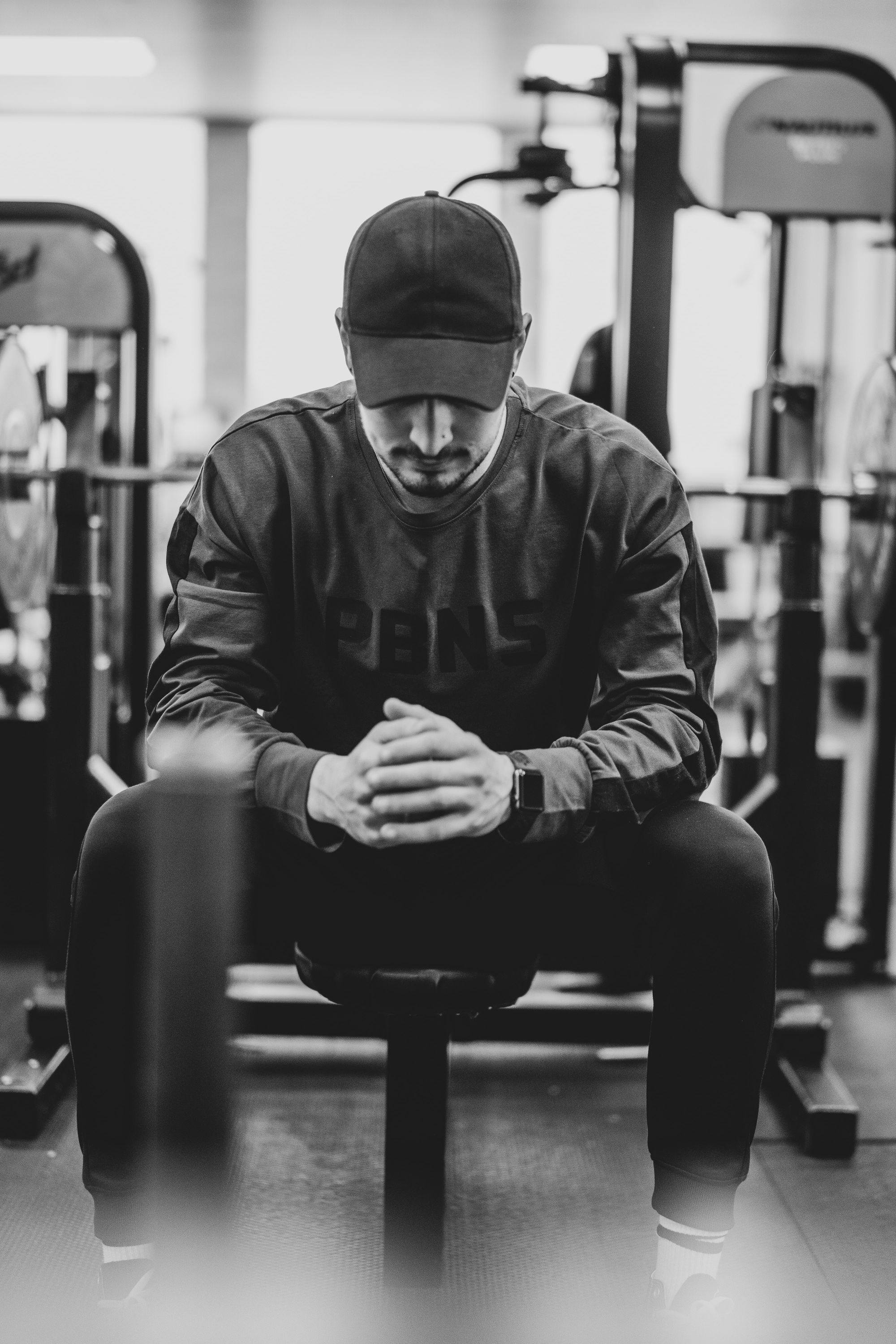
Waves of shame and guilt arose naturally when I really allowed that understanding to sink in, and that moment remains a crucial reminder every time I become unconscious to the impact of racism on People of Color and my privilege to choose whether I challenge racism or not. Because as a white man, it is only too easy to become unconscious of racism again and again. And it turns out that as long as I allow this unconsciousness to arise, a “luxury” I owe entirely to my whiteness, there will be reasons to feel ashamed. Here are some of the things that have caused me to feel shame only recently:
- An African American friend shared how she watched all four episodes of When They See Us in one sitting, and then allowed herself to fully experience the feelings of grief and pain for hours, owning them in her body. I felt shame at having stopped watching half-way through, because I could not stand witnessing the cruelty and injustice suffered by the five boys, sentenced for a crime they did not commit. There I was sheltering myself from witnessing a pain my son is never likely to endure, while this Black woman was modeling owning the reality as the mother of a Black son.
- Another African American friend shared how, since Ahmaud Arbery was murdered while jogging, she has been afraid to jog, fearing for her life every time she hears a car approach from behind. I felt shame for not having realized that this would be a likely impact for many African Americans, and from seeing that the fact that this did not even occur to me was a direct result of me being white as well as male.
- At a Black Lives Matter rally, Aboriginal people shared about losing family in custody and regularly experiencing arbitrary police harassment. I felt shame at my sense of powerlessness and helplessness in the face of these systemic issues, as well as my ability to disconnect from that reality simply because of the color of my skin.

Versions of “I don’t agree that I should feel guilty for my whiteness” are common in discussions about racism, even in contexts where nobody has mentioned anything about guilt. In fact, in most cases where I have seen that kind of statement used, there was no mention of guilt or shame until the white person brought up how they refuse to feel it. Which of course suggests that the feeling has already been triggered.
Instead of resisting that feeling, if you are white and especially a white man, I encourage you to open your heart to those feelings and appreciate their role in showing you areas for growth. By protecting yourself from your pain you are also cutting yourself off from the most precious expressions of your humanity. This is one of the big prices we white people are paying for the maintenance of racism. Disconnecting ourselves from our humanity, that is, our empathy, compassion, integrity, and capacity for healing.
There is no way you can justify your participation in a system of dominance over others, a system that is literally built on the exploitation of those who look different and on the theft of land and resources from Black and Brown people even to this day, without emotionally disconnecting. Feeling the shame and guilt for the actions of your ancestors or for your own past actions, inaction, ignorance, or disconnection is healthy. Not to wallow or indulge in endless self-flagellation. But to extend your emotional range and connect with your full humanity. Because behind the guilt and shame is your hurt and grief, and behind that your compassion, love, empathy, and your ability to contribute to the healing of our collective wounds.
Behind your guilt and shame is your true power.
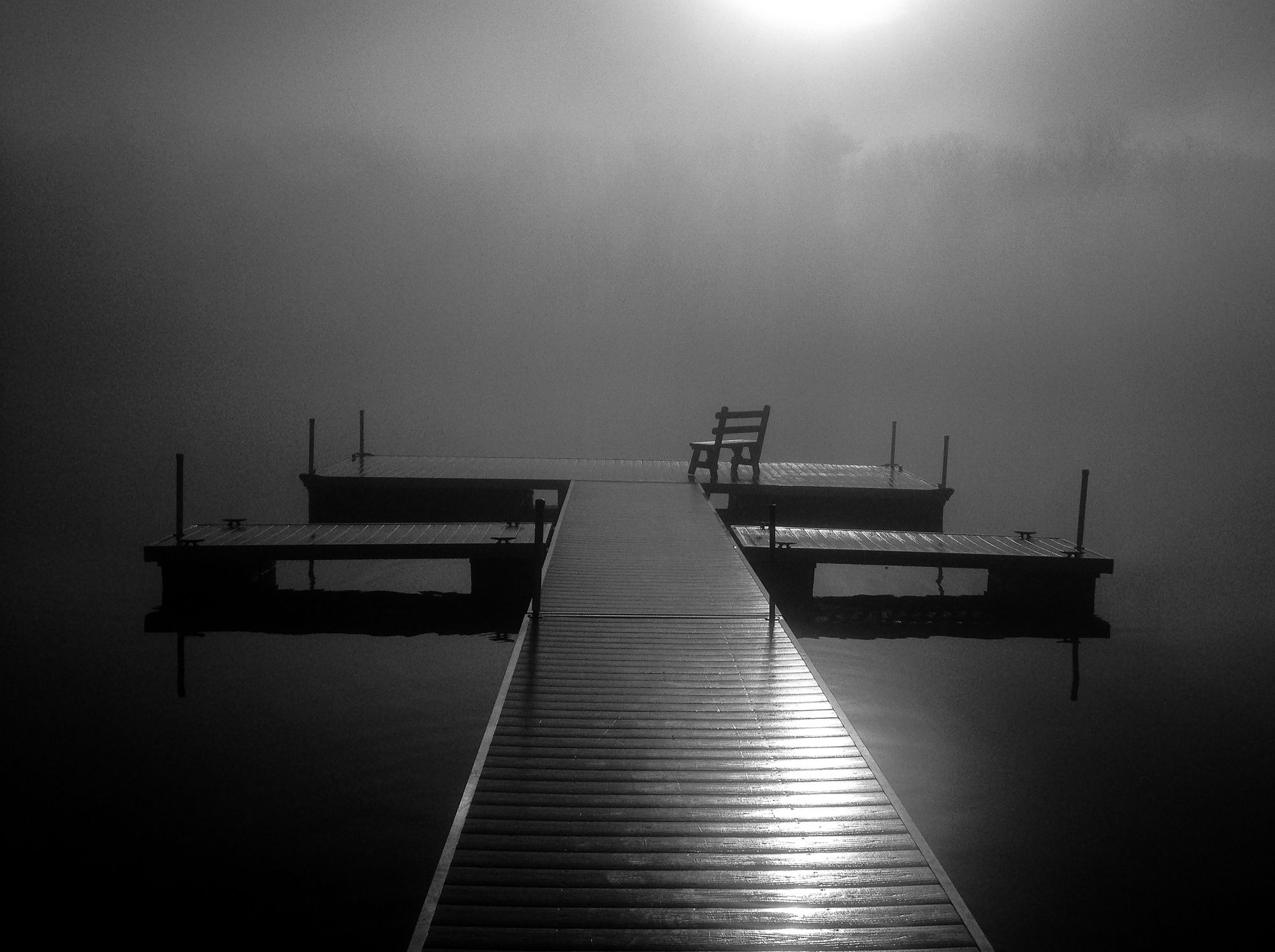
Originally published in Fieldnotes on Allyship: Achieving Equality Together.
Top photo by Nik Shuliahin on Unsplash

